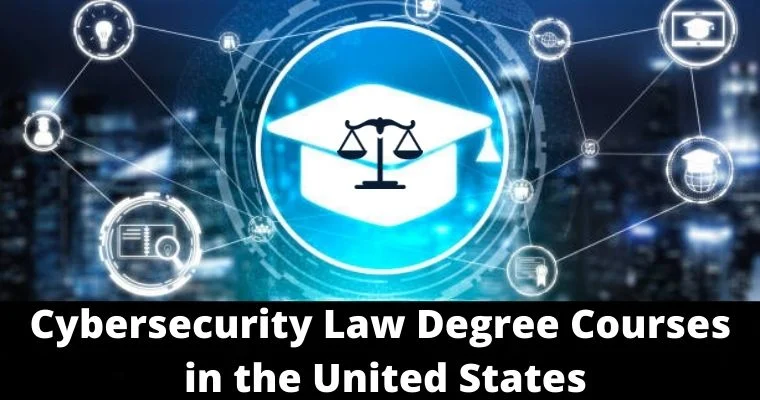The 18th-century was a tough time to send messages — people who lived 100 miles away might not receive their messages depending on the travel conditions.
There is a high probability that at least one letter will reach its final destination in a multi-carrier situation.
Messages were, therefore, mostly sent through friends, servants, acquaintances, slaves, and travelers before the postal service or public relations methods were established.
Especially if the post office was far away from the sender, they couldn’t know whether their letter had reached the recipient who had delivered their letter.
Among these, trade services were mostly affected. This was because, in the 18th-century, trade took over water bodies, and depending on the climatic conditions, it would take two days and sometimes even more reach the correct destination.
But, with the advent of globalization, the world became more interconnected- trade services improved, communicating with people living across the country became far simpler despite all these advantages which took place with the invention of the internet, mobile, etc.
There is also a major disadvantage as a huge inflow of transactions takes place through the internet. There are high chances of personal hacking information.
Hackers can penetrate your systems and gain access to confidential information and use it to their advantage.
Many hundreds of hackers commit a crime every day: stealing money from credit cards and debit cards. Despite how frightening this situation may appear, professionals are constantly working to keep us safe.
Cybersecurity ensures the integrity of data networks and computer assets owned by or connected to an organization.
During the entire life cycle of a cyberattack, it serves as a defense against all types of threats.
As a result of the rapid development of cyber threats caused by the proliferation of mobile devices, the Internet of Things, machine learning, artificial intelligence, and drones, this growth is expected to continue.
To combat the rapid increase in cybercrime daily, cybersecurity professionals are in high demand. Since the security of an organization’s information assets and technology infrastructure is vital.
Consequently, we must hire teams of cybersecurityexperts to combat the ongoing threat of cybercrime.
Then, apply to the Master of Science program in Cybersecurity conducted by Yeshiva University. Graduates of the Master of Science in Cybersecurity program at YU can plan, implement, upgrade, monitor, and audit cybersecurity protocols and procedures.
During the course, you will learn to use the latest technologies and gain hands-on experience defending against threats, detecting them, and monitoring them. Not only will you be able to practice all these at the heart of New York City.
Table of Contents
Why Choose New York City To Study Cybersecurity?
Cybersecurity is an important area of focus in New York City. NYC has invested millions in its cybersecurity ecosystem so that will attract startups will attract startups, the construction of infrastructure will commence will build infrastructure, and establish a central bureau for cybercrime will establish the central cyber command.
The New York City Economic Department Corporation is backing an accelerator focused on Cybersecurity in New York City. New York is home to startup companies from around the globe.
Benefits of Studying Cybersecurity at Yeshiva University
- Know everything about software development, systems architecture, operating systems, applications, endpoints, cloud security, networking, and more.
- Assess threat landscapes, security frameworks, and other regulatory, compliance, and audit frameworks.
- Establish communication strategies both internally and externally to promote a cybersecurity culture.
- You will be prepared for ,CISM, CRISC, and CEH.
- The courses are offered at Yeshiva University in the evenings, so you can work and study at the same time.
- Faculty with a track record of leading-edge research.
- Professional networking opportunities and career development support.
- Personalized instruction with small classes where you will know everyone personally.
- During internships and fieldwork, students have the opportunity to gain valuable industry experience.
- The courses are also offered online so that you can study at home.
Eligibility Criteria
By utilizing the BA/MS option, Yeshiva and Stern College undergraduates can earn up to nine graduate credits that will count towards their undergraduate and graduate degrees.
Upon obtaining their bachelor’s degree, students usually need just one more year to complete their graduate degree.
- Students must have a GPA of 3.2 and a B+ in the following prerequisite courses to be eligible for admission, Junior or senior standing in any major in the YC/SCW program.
- The minimum grade required is a B+ in a computer networking/security course.
- During their undergraduate career, students must achieve a cumulative GPA of at least 3.00.
- There is a requirement to obtain 280 must obtain two hundred eighty on both quantitative and verbal sections of the GRE.
Conclusion
Research has shown that most companies lack proper cybersecurity practices and have unprotected data. Therefore, a company’s culture must adhere to security best practices and cybersecurity awareness to successfully combat malicious intent.

